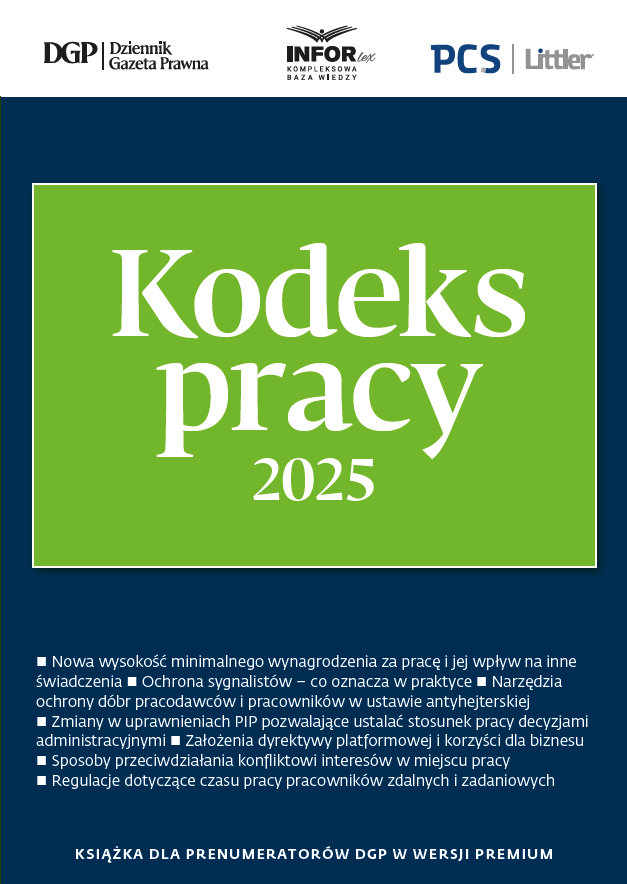On 20 January 2025, the Ministry of Family, Labour and Social Policy published a bill amending workplace bullying and discrimination legislation. The bill introduces significant changes, including a revised definition of bullying, new employer obligations and updated liability rules. As a result, existing solutions aimed at preventing workplace bullying and discrimination need to be reviewed.
Key highlights of the bill:
1) Emphasis on persistence – the new definition underlines persistence as an essential feature of bullying. This includes repetitive, recurrent or persistent behaviour, which can manifest in physical, verbal or non-verbal forms.
2) A non-exhaustive list of bullying behaviours includes:
- humiliation or insult;
- intimidation;
- professional undermining;
- unjustified criticism, demeaning remarks or ridicule;
- obstruction of an employee’s ability to function effectively in the work environment, including achieving work results, performing business tasks, utilising competencies, communicating with colleagues, and accessing necessary information;
- isolation or exclusion from the team.
The bill eliminates the existing requirement that all conditions must be met cumulatively to constitute bullying.
3) Enhanced preventive measures – employers will have to establish clear rules, procedures and a schedule for actions preventing violations of employees’ dignity and other personal rights, as well as the regulations for ensuring equal treatment in employment, and addressing discrimination and bullying.
Such rules will have to be included in a collective agreement, work regulations or a formal company announcement.
4) Clearer definition of a bully – bullying can originate from various sources within and beyond the workplace, including employers, supervisors, colleagues in equivalent positions, subordinates, other employees and contractors.
5) Bullying assessment – when assessing whether an employee has experienced bullying, both objective factors (impact on the employee) and subjective factors (employee’s feelings or reactions, provided they are deemed reasonable) will be taken into account.
Moreover, even if it is found that certain behaviour does not constitute bullying, the court will still assess whether the employee’s dignity or other personal rights have been violated.
6) Employer’s limited liability – employers may be exempt from liability for bullying if they demonstrate taking effective preventive measures to address workplace bullying and the bullying was not caused by a person who managed the employee or held a position of authority over them.
7) Introduction of minimum compensation – defined as the employee’s 6-month salary. This is in addition to any other damages that the employee may be entitled to claim.
8) Changes regarding discrimination – the bill also amends the anti-discrimination provisions, shifting the burden of proof. An employee will only need to plausibly allege a breach of the principle of equal treatment. The employer will then have to prove that no such violation occurred.
Contact us!
Download the PDF: here.


